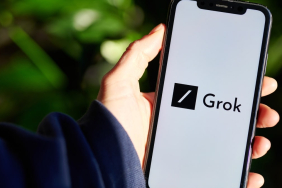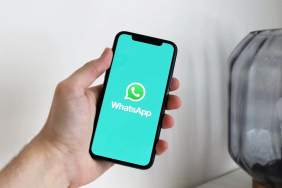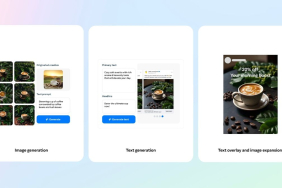On Tuesday, Discord introduced a new end-to-end encryption protocol known as DAVE, aimed at enhancing the security of audio and video calls. This protocol will apply to direct messages, group DMs, voice channels, and Go Live streams, catering to the platform’s approximately 200 million monthly users. The company announced that users will have the ability to verify when end-to-end encryption is in place and confirm the identities of other participants. This advancement builds on the company’s experimentation with new encryption technologies that began last year.
Understanding End-to-End Encryption on Discord
In a recent blog post, Discord outlined five primary goals for its DAVE protocol: ensuring user privacy, developing an open and efficient protocol, offering broad platform compatibility, maintaining transparency, and allowing for scalability. According to the platform, the contents of audio and video conversations will be inaccessible to any outsiders, including Discord itself. The media encryption keys are refreshed each time a user exits a call, making it impossible to decrypt the older keys.
The protocol utilizes industry-standard sub-protocols and cryptographic algorithms, and it is currently supported on Discord’s mobile and desktop applications. Plans for compatibility with additional clients are scheduled for next year. When initiating a voice or video call, an out-of-band verification code comparison is performed to confirm the legitimacy of the other participant.
Users have the option to generate a persistent identity key pair for each device they use with Discord. This feature may allow for easier verification by enabling others to store their ongoing verification information without needing to repeat the process for every interaction. However, for this feature to work effectively, all participants must support the end-to-end encryption protocol. In instances where a non-supporting user joins, the call will automatically switch to transport-only encryption.
Discord emphasizes that the implementation of encryption will not compromise low-latency voice and video quality. Following the launch of DAVE, users will be transitioned to the new protocol versions seamlessly, ensuring an uninterrupted experience. The DAVE protocol will serve as the default for voice and video communications in direct messages, group DMs, voice channels, and Go Live streams.
Alongside the introduction of the DAVE protocol, Discord has released its whitepaper and the libraries that its clients employ to implement this new encryption framework.






